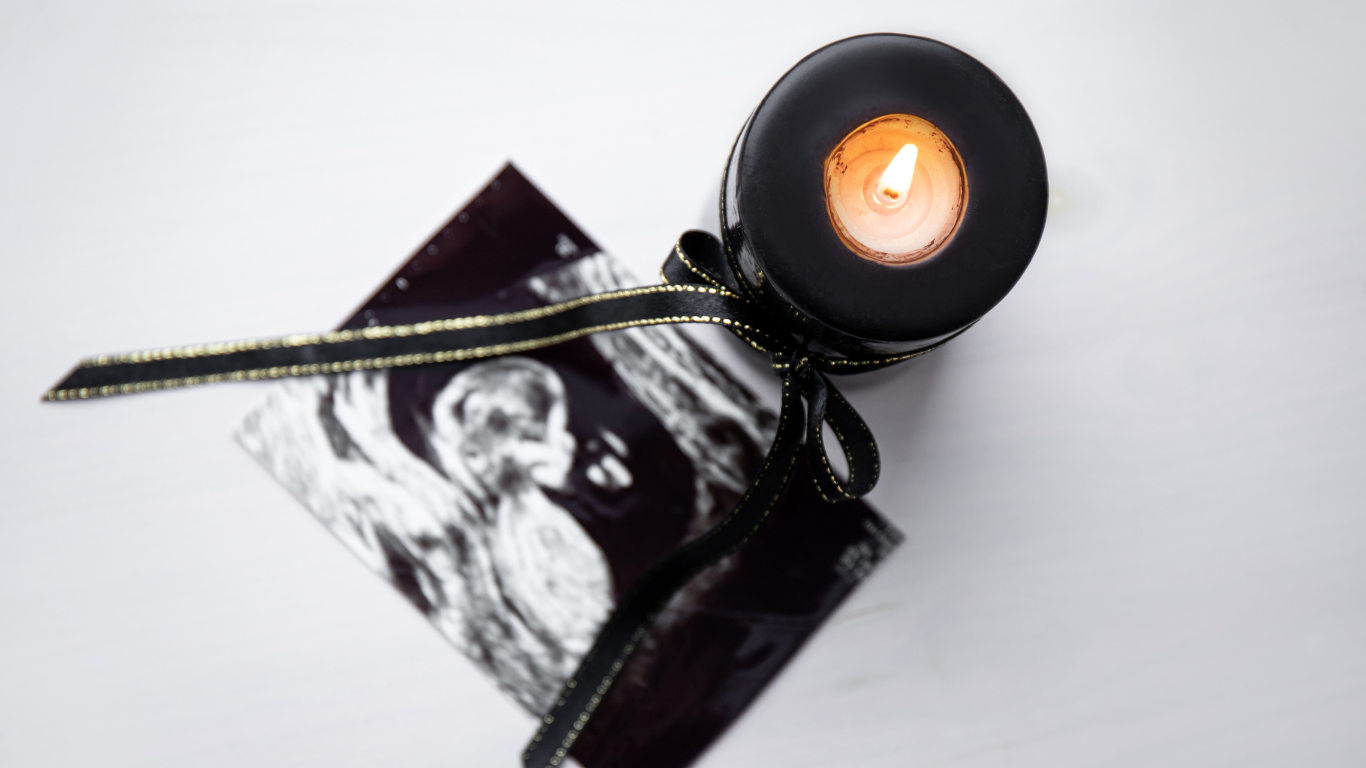Miscarriage is a painful and emotional experience for many women, and recent headlines have caused widespread alarm. News stories claim that abortion bans are preventing women from receiving miscarriage care, leaving some to wonder: is it true that a woman could be denied lifesaving treatment for a miscarriage?
If you’re a woman navigating pregnancy loss, a medical professional, or simply someone trying to understand abortion law, this article will clarify the facts. We’ll explain what miscarriage treatments involve, how abortion bans actually work, and why the media narrative doesn’t always match reality.
Mifepristone and D&C: Miscarriage Treatments, Not Just Abortions
Two medical terms frequently appear in news reports: mifepristone and D&C (dilation and curettage). While both can be used in elective abortion, they are also critical tools for miscarriage care.
Mifepristone is a medication that helps the uterus expel tissue safely after a miscarriage. It’s often paired with misoprostol and is considered first-line treatment for incomplete miscarriages. Without it, tissue may remain in the uterus, increasing the risk of infection.
D&C, a surgical procedure, removes remaining tissue from the uterus to prevent complications. It’s commonly used for both miscarriage management and later-term abortion, but its primary goal in miscarriage care is medical safety, not pregnancy termination.
In short, these treatments are life-saving when used for miscarriage. Yet some narratives suggest that abortion bans automatically restrict them. This is misleading. Laws differentiate between medically necessary miscarriage care and elective abortion.
What Do Abortion Bans Actually Ban?
Most U.S. abortion restrictions include clear exceptions for miscarriage and ectopic pregnancy care, especially when a woman’s life or health is at risk. For example, Texas law explicitly states that treating a miscarriage or ectopic pregnancy does not count as abortion.
The confusion often comes when a woman’s pregnancy ends naturally but she wants to accelerate the process with medication. In these cases, taking mifepristone would legally be considered an abortion, since it intentionally ends a pregnancy rather than completing a miscarriage. These legal distinctions may feel confusing, but they exist to protect both patients and providers.
Headlines vs. Reality: Understanding the True Risks
Some news stories imply that abortion bans are causing women to die from untreated miscarriages. However, deeper investigation reveals:
-
Miscarriage treatments like D&C and mifepristone remain legal and widely available, even in states with strict abortion laws.
-
Cases of denied care usually involve misapplication of medical judgment, miscommunication, or providers’ fear of legal liability, not the law itself.
-
Tragic outcomes sometimes reported as “caused by abortion bans” are often failures of medical practice, not the statutes.
This distinction matters. Protecting women’s lives depends on informed, courageous medical care within the law, not on eliminating legal safeguards for unborn children.
Why Clarity Matters
Misleading headlines and ambiguous messaging create fear for women experiencing miscarriage. Pro-choice groups may sometimes frame treatments like D&C or mifepristone as being “banned,” even when laws explicitly allow their use for miscarriage care.
Understanding intent is key:
-
Miscarriage care: Pregnancy is no longer viable; the baby has already passed and treatment prevents infection and protects the mother’s health.
-
Elective abortion: Pregnancy is viable; the baby is alive and well and treatment intentionally terminates it.
When laws include clear exceptions for miscarriage and life-saving care, women’s access to medical treatment remains protected. Problems usually arise from communication gaps or negligence, not legal restrictions.
Compassionate Care Without Fear
Conflating miscarriage treatment with abortion creates unnecessary panic. The truth is: miscarriage care is legal and medically supported, even in states with abortion bans.
By separating fact from fear, women can navigate miscarriage care confidently, doctors can act within the law, and the health of both the mother and the unborn child is protected.





